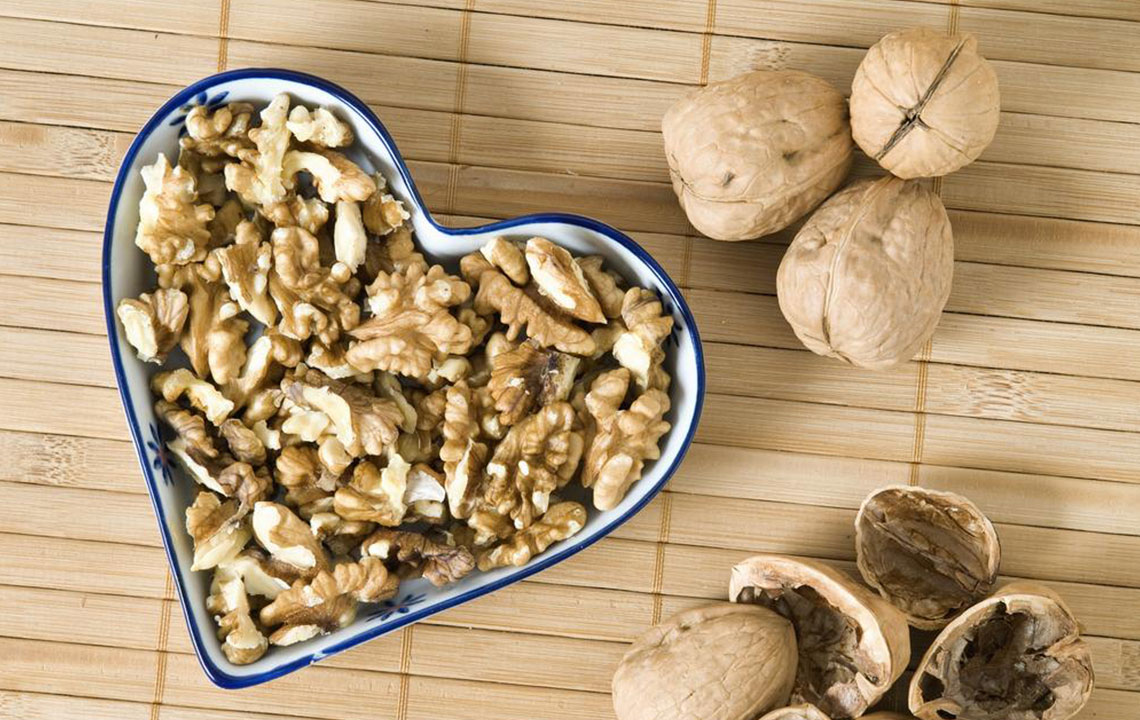Top Strategies for Prostate Cancer Prevention and Management
This article explores effective strategies to prevent and manage prostate cancer through medical treatments, nutritious diets, and healthy lifestyle choices. Emphasizing early detection and preventative measures, it provides practical tips for reducing risk and improving quality of life for men at risk of this common disease.

Top Strategies for Prostate Cancer Prevention and Management
Prostate cancer remains one of the most prevalent cancers among men, especially those over 65. About one in eight men are at risk. Advances in medicine and lifestyle modifications have improved outcomes, emphasizing early detection, effective treatments, and healthy habits to lower risk. Simple steps like proper diet, exercise, and medical interventions can enhance quality of life. Combining these approaches helps in prevention and managing the disease effectively.
Medical Treatments
Xofigo, containing radium RA 223 dichloride, is a targeted radioactive treatment that fights prostate cancer in bones within a restricted area.
Enzalutamide, known as XTANDI, offers an alternative for patients unresponsive to hormonal or surgical strategies. It works by blocking androgen receptors, reducing cancer cell growth.
Doctors may also recommend cryotherapy, chemotherapy, immunotherapy, or targeted therapy, depending on the cancer’s progression and symptoms severity.
Diet for Prevention
Foods rich in lycopene like tomatoes and watermelon help prevent prostate cancer. Cruciferous vegetables such as broccoli, cabbage, kale, and Brussels sprouts contain cancer-fighting phytochemicals.
Citrus fruits like oranges and grapefruits boost immunity, while plant-based sources like tofu, chickpeas, lentils, and peanuts provide isoflavones that lower risk. Nutrients such as omega-3 fatty acids and folates from fish, greens, and fortified foods further support prevention. Focus on antioxidant-rich foods to combat oxidative stress.
Healthy Lifestyle Practices
Engaging in regular physical activity, from walking to strength training, helps maintain a healthy weight, reducing prostate cancer risk. A balanced diet low in trans and saturated fats, and avoiding charred meats, further lowers risks. Incorporating healthy habits like adequate sleep, stress management, and quitting smoking can significantly improve outcomes in prevention and symptom management.










